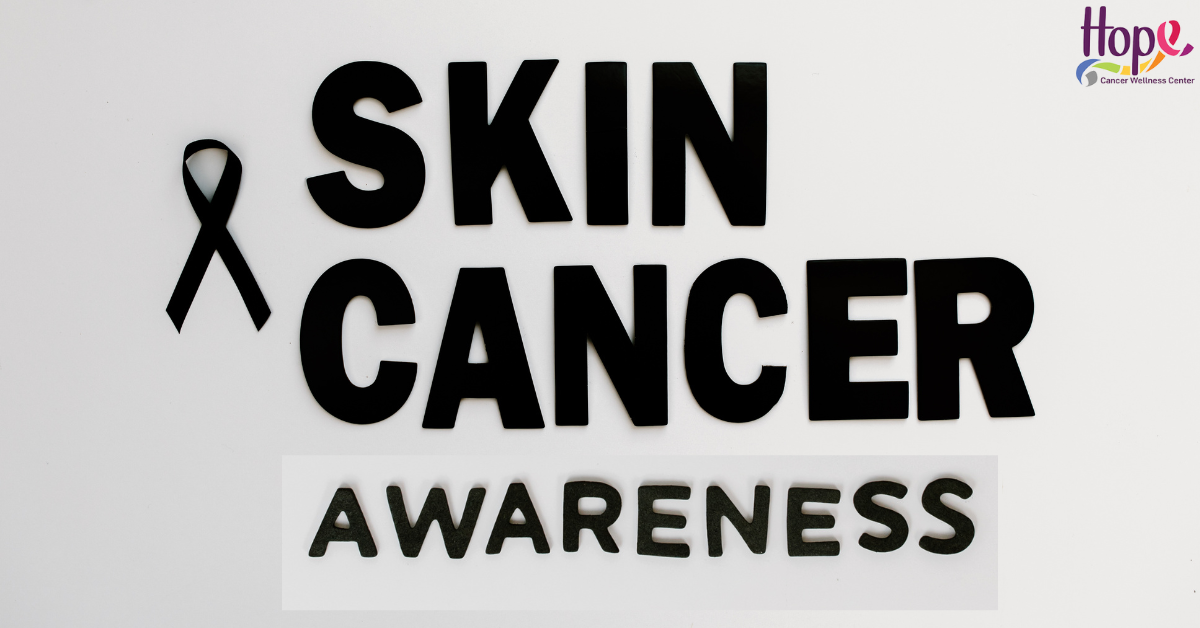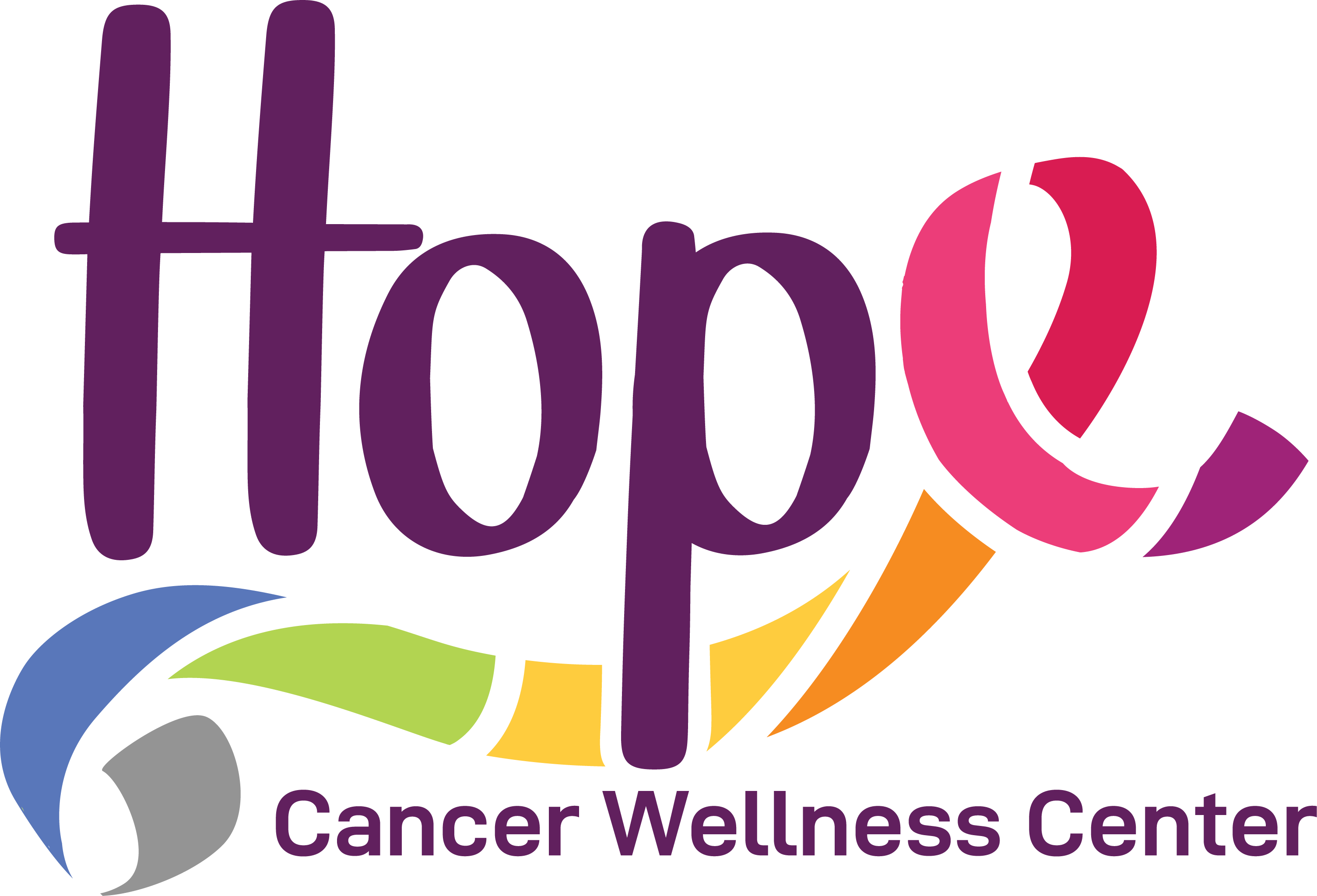
Skin Cancer Awareness Month: What You Need to Know
May is recognized as Skin Cancer Awareness Month, a time to educate the public on the importance of skin cancer prevention, early detection, and treatment. Skin cancer, one of the most common types of cancer in the United States, affects millions of people each year. It’s particularly relevant for cancer patients, survivors, and their loved ones, as skin cancer can occur during or after cancer treatment.
For those who have undergone radiation or chemotherapy, the risk of developing skin cancer increases due to the damage these treatments can cause to the skin. Additionally, skin cancer has its own unique challenges for cancer survivors, as treatment may impact their skin’s ability to heal or recover. This makes awareness of prevention, signs, and symptoms crucial for everyone—whether you’re actively battling cancer or in remission.
What Is Skin Cancer?
Skin cancer develops when abnormal skin cells begin to grow uncontrollably, often forming tumors. The most common types of skin cancer include:
- Basal Cell Carcinoma (BCC): This is the most common form of skin cancer and usually appears as a small, shiny bump or sore that doesn’t heal. It primarily occurs in areas exposed to the sun but rarely spreads to other parts of the body.
- Squamous Cell Carcinoma (SCC): This type of skin cancer typically looks like a firm, red nodule or a flat lesion with a scaly crust. It may appear on sun-exposed skin and has a slightly higher chance of spreading than BCC.
- Melanoma: The most dangerous form of skin cancer, melanoma starts in the pigment-producing cells called melanocytes. It can appear as a new mole or a change in an existing mole. If not detected early, melanoma can spread to other parts of the body and be life-threatening.
The Role of UV Radiation
Ultraviolet (UV) radiation from the sun is the leading cause of skin cancer. It damages the DNA in skin cells, leading to mutations that can result in cancer. The sun is not the only source of UV radiation—tanning beds also emit UV rays that increase the risk of developing skin cancer. Protecting your skin from excessive sun exposure is a vital part of skin cancer prevention, especially during Skin Cancer Awareness Month.
Skin Cancer and Cancer Treatment
For cancer patients, the skin may become more sensitive due to the effects of treatment. Chemotherapy, radiation therapy, and immunotherapy can compromise the skin’s ability to protect itself and heal. As a result, cancer patients may be at a higher risk of developing skin issues, including skin cancer.
Radiation, in particular, can increase the likelihood of skin cancer in areas that were directly treated. The skin in these areas may have scars or changes from treatment, and UV exposure can exacerbate the damage, making regular check-ups and skin examinations even more critical.
The Importance of Early Detection
Early detection is key to successful skin cancer treatment. Regular self-examinations and dermatology appointments can help catch potential skin cancer before it progresses. During Skin Cancer Awareness Month, it’s a great time to remind yourself, your loved ones, and your caregivers about the importance of looking out for changes in your skin.
Be on the lookout for the following signs:
- New moles or spots that appear on the skin
- Changes in existing moles, such as asymmetry, irregular borders, or a change in color
- Itching, bleeding, or tenderness in an area of skin
- Sores that do not heal or reopen after healing
Prevention Tips: Protecting Your Skin
While early detection is important, prevention is just as crucial. Even small steps can go a long way in minimizing the risk of skin cancer. Here are some effective ways to protect your skin:
- Use Sunscreen: Apply a broad-spectrum sunscreen with at least SPF 30 every two hours, especially if you’re spending time outside. Sunscreen should be used year-round, even in winter months, as UV rays can affect the skin even on cloudy days.
- Wear Protective Clothing: A wide-brimmed hat, long sleeves, and pants can help shield your skin from direct sunlight. UV-blocking clothing is available and provides an added layer of protection.
- Seek Shade: Avoid direct sunlight during peak hours, typically between 10 a.m. and 4 p.m., when UV rays are at their strongest.
- Avoid Tanning Beds: Tanning beds increase the risk of developing skin cancer, especially melanoma. The harmful UV radiation they emit can damage the skin in a short amount of time.
- Regular Skin Examinations: Conduct monthly self-checks for any changes in your skin, and schedule annual dermatology appointments for a professional skin exam. If you notice anything unusual, see a doctor promptly.
Support for Cancer Patients and Survivors
For cancer patients, skin care can become a complicated and sensitive issue. The effects of treatments like chemotherapy or radiation may leave the skin dry, irritated, and more susceptible to burns or infections. Here are some ways to support skin care for cancer patients and survivors:
- Hydrate the Skin: Use gentle, fragrance-free moisturizers to keep the skin hydrated. This is especially important for cancer patients who may experience dryness or irritation from treatments.
- Sun Protection: Encourage the use of sunscreen, protective clothing, and seeking shade when outside to minimize UV exposure. For those with radiation therapy, extra precautions should be taken for treated areas.
- Monitor for Changes: Cancer patients, especially those who’ve undergone radiation, should be vigilant about skin changes. It’s essential to track any new spots or abnormalities and have them evaluated by a healthcare provider.
- Emotional Support: Skin changes can affect self-esteem and body image. Offering emotional support and understanding can help cancer patients feel more confident and comfortable in their skin.
A Month of Awareness and Action
Skin Cancer Awareness Month offers the opportunity to raise awareness about skin cancer prevention, early detection, and the unique challenges faced by cancer patients and survivors. By making skin health a priority and incorporating protective measures, we can reduce the risk of developing skin cancer and ensure that everyone is equipped with the knowledge needed to take charge of their skin health.
Whether you’re a cancer patient, survivor, or caregiver, supporting skin cancer awareness and prevention can lead to better outcomes for all. Stay informed, protect your skin, and make sure to consult with your healthcare provider about any concerns regarding your skin’s health.
